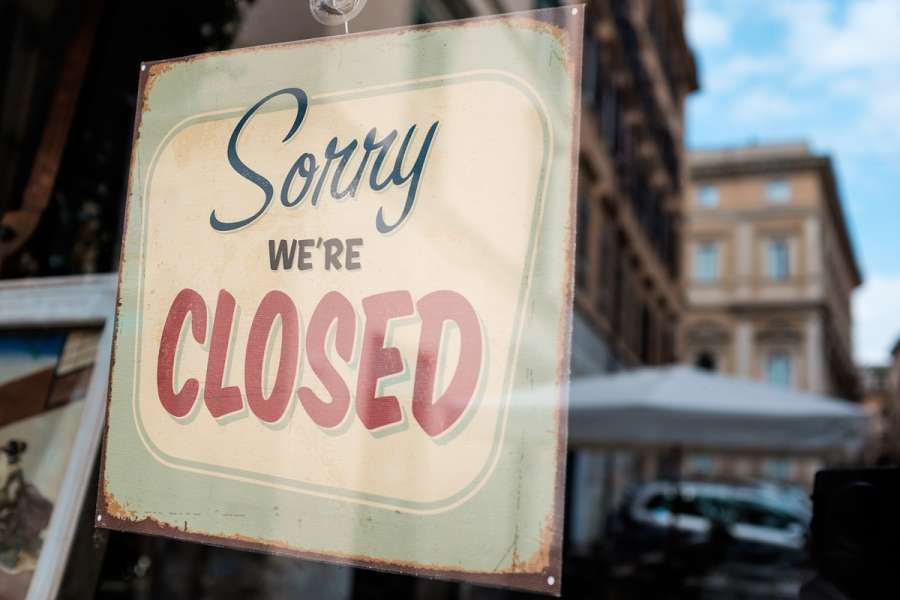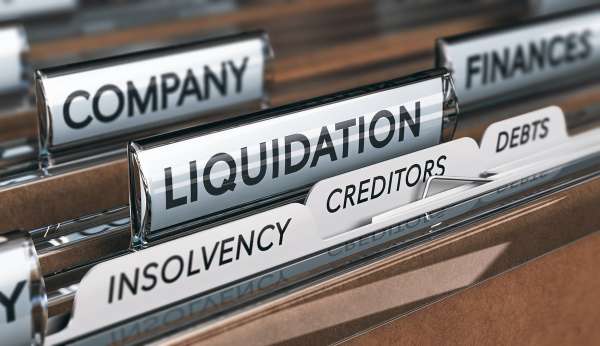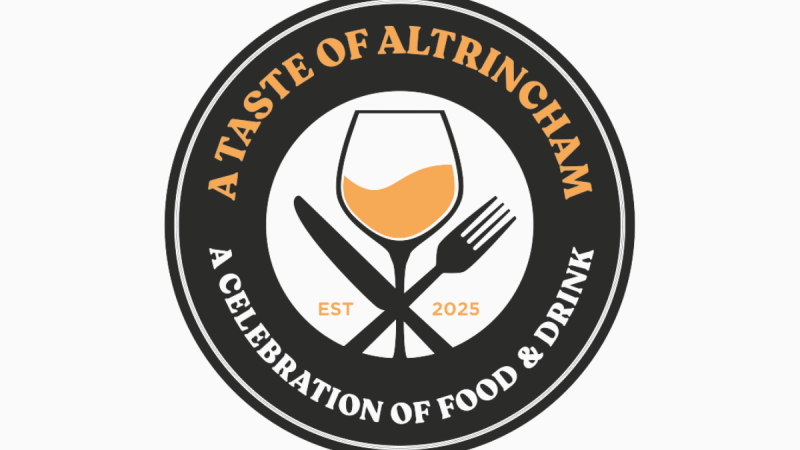
The 2024 Autumn Budget introduced substantial changes to employer national insurance contributions (NICs) that will have a far-reaching impact on businesses, particularly in the hospitality and leisure sector.
Set to take effect on 6 April 2025, the changes include an increase in the employer NIC rate from 13.8% to 15% and a reduction in the threshold at which NICs become payable, from £9,100 to £5,000.
Alongside these changes, the National Living Wage will rise on 1 April 2025, adding further financial pressures.
These adjustments have raised serious concerns, especially within the hospitality and leisure industry, where leading figures have warned of the severe consequences these tax hikes could have on business viability.
In an open letter to Chancellor Rachel Reeves, industry giants such as Stonegate Group, Fuller's and Whitbread have expressed fears that the additional £3.4 billion in costs will lead to widespread closures and job losses, particularly among small and medium-sized businesses.
Furthermore, a recent survey by hospitality trade bodies highlights the depth of these concerns, revealing that 25% of businesses have no cash reserves left, and the upcoming financial burdens could force 70% of hospitality and leisure businesses to reduce the size of their workforce.
The survey also indicates that 75% of operators may cut staff hours, and one-third are considering staff redundancies, with small pub businesses particularly vulnerable to becoming unprofitable.
With cost increases already looming for April 2025, these challenges are compounded by rising operational costs, creating a perfect storm for the sector’s financial stability.











